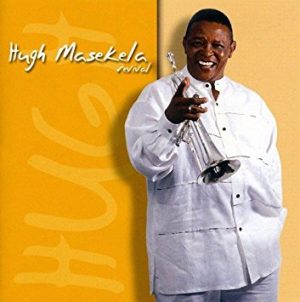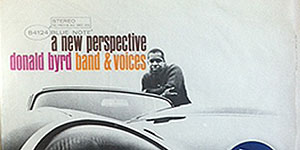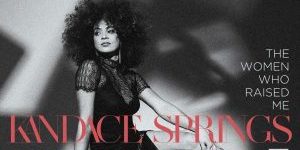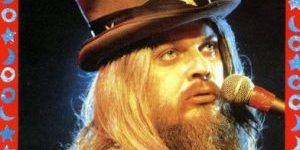Hugh Masekela R.I.P.
 We’ve already lost Marlene VerPlanck, Wilbert Longmire, and Edwin Hawkins this year. The father of South African Jazz, Hugh Masekela, has joined them now. He died peacefully in Johannesburg today at age 78. There is a statement from his family which says, “Hugh’s global and activist contribution to and participation in the areas of music, theatre and the arts in general is contained in the minds and memories of millions across six continents”. South African president Jacob Zuma said in another statement that “it is an immeasurable loss to the music industry and to the country at large. His contribution to the struggle for liberation will never be forgotten”. Not only did he struggle for liberation, but all of his life he struggled against segregation in the music world, too. He was close to jazz giants such as Miles Davis, Dizzy Gillespie, Charles Mingus, or John Coltrane, but he also performed and recorded with a lot of pop artists and he was married to Miriam “Pata Pata” Makeba from 1964 to 1966.
We’ve already lost Marlene VerPlanck, Wilbert Longmire, and Edwin Hawkins this year. The father of South African Jazz, Hugh Masekela, has joined them now. He died peacefully in Johannesburg today at age 78. There is a statement from his family which says, “Hugh’s global and activist contribution to and participation in the areas of music, theatre and the arts in general is contained in the minds and memories of millions across six continents”. South African president Jacob Zuma said in another statement that “it is an immeasurable loss to the music industry and to the country at large. His contribution to the struggle for liberation will never be forgotten”. Not only did he struggle for liberation, but all of his life he struggled against segregation in the music world, too. He was close to jazz giants such as Miles Davis, Dizzy Gillespie, Charles Mingus, or John Coltrane, but he also performed and recorded with a lot of pop artists and he was married to Miriam “Pata Pata” Makeba from 1964 to 1966.
Hugh changed his output from Jazz to Afro/Jazz in the 70s and recorded with musicians from Ghana and Nigeria. But he also always had one foot in the pop world, as his album with Herb Alpert showed (1978). He returned to South Africa in the 80s and focused on all styles South African. Various Kwaito albums showed his pursuance of breaking categories and barriers. Kwaito, the very popular South African style incorporating slower house beats, percussion loops and poetry in various South African languages, was the theme for his 2005 album “Revival”, produced by the popular and much younger Zwai Bala and Godfey “Guffy” Pilane. In fact, it is my favorite Hugh Masekela album because the rhythms, beats, and rhymes are so infectious that you just can’t sit still. In the liner notes to that album, he says that “Revival”…will definitely help to eradicate the senseless segregation of talent which needs to urgently interact with each other in order to create an awe-inspiring future for the music of our beautiful country.” Needless to say that he was also politically engaged; he wrote the anti-apartheid hymn “Bring Him Back Home” for Nelson Mandela in 1987.
His last concerts were two shows in Johannesburg in 2010. He was suffering from prostate cancer for many years. Rest In Paradise.






